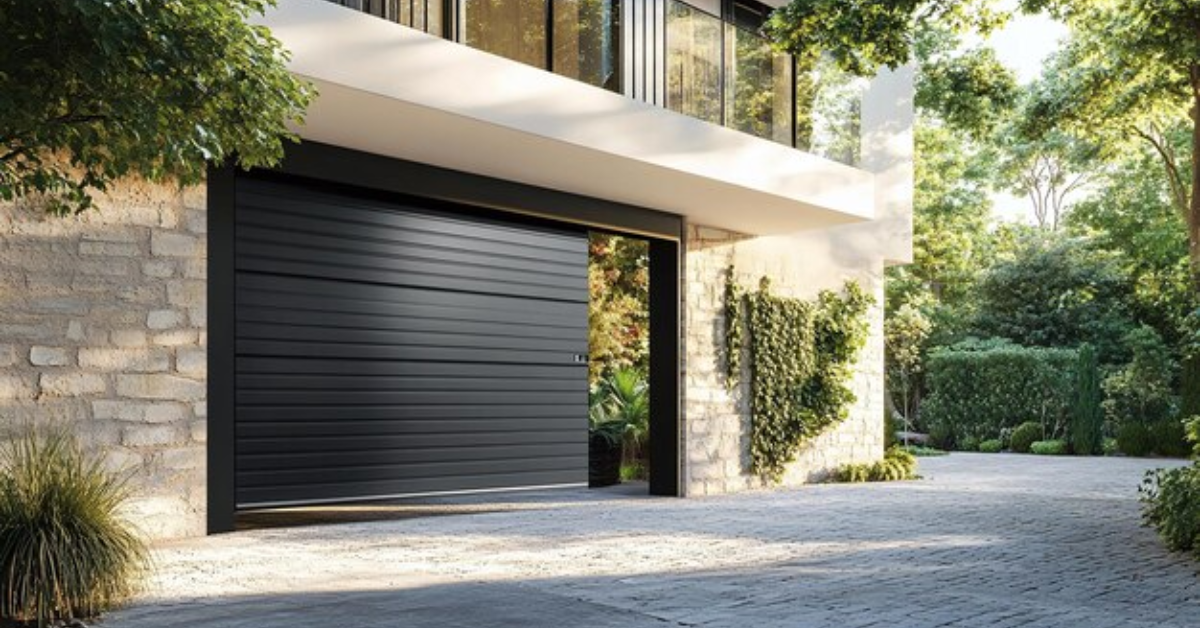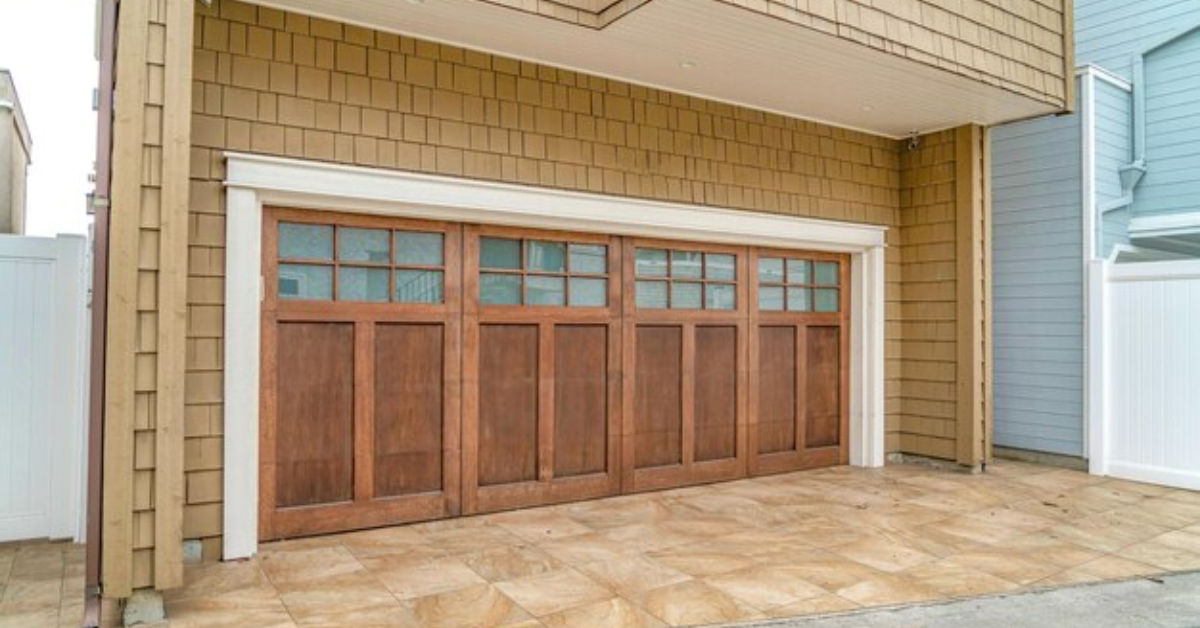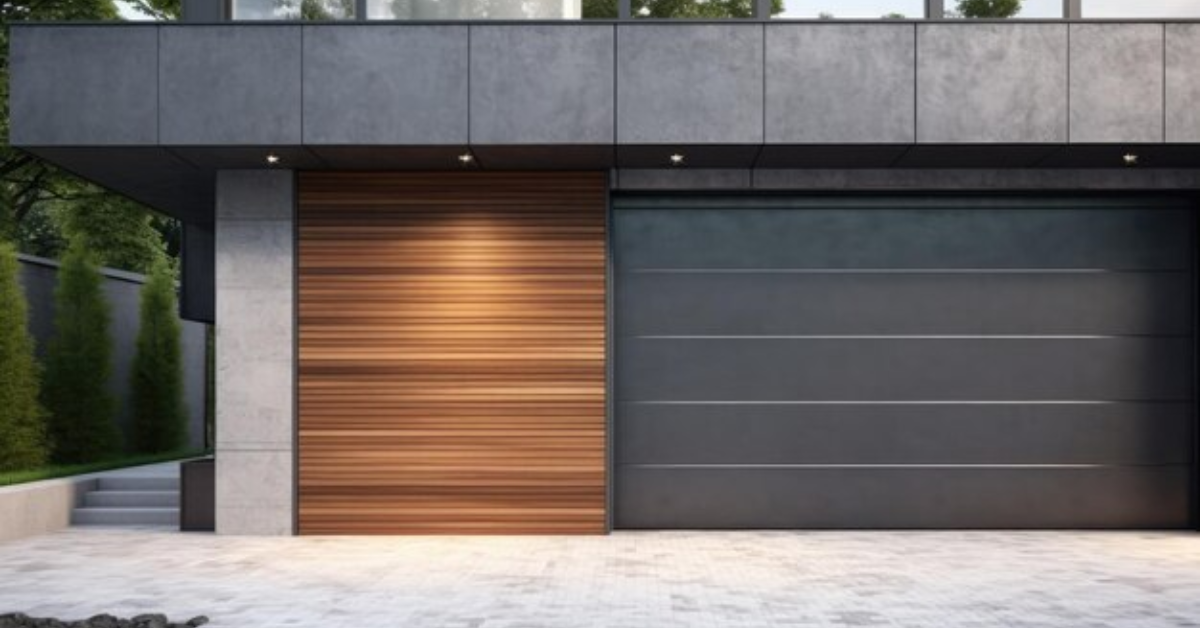Troubleshooting Tips for Commercial Garage Doors
Commercial garage doors are integral to many businesses, ensuring smooth operations and secure access. However, these heavy-duty doors can encounter problems over time due to constant use, environmental factors, or mechanical failures. Timely troubleshooting is crucial to maintaining functionality and avoiding costly repairs. This article explores practical troubleshooting tips to address common issues with commercial garage doors, ensuring they operate efficiently and safely.
Diagnosing Operational Issues
The first step in troubleshooting is identifying the problem. If your garage door isn’t functioning correctly, check for obvious signs:
Unresponsive Door: When the door doesn’t open or close, the problem might be with the power supply. Ensure the motor is plugged in and receiving power. Examine the circuit breaker to rule out a tripped switch. If the door still doesn’t respond, inspect the remote control or wall switch. Replace batteries if necessary, and ensure the signal is unobstructed.
Jerky Movements: Uneven or jerky movements during operation may indicate issues with the tracks, rollers, or springs. Check for obstructions in the tracks and ensure they are aligned. Clean the rollers and apply a lubricant specifically designed for garage doors to reduce friction.
Addressing Mechanical Problems
Misaligned Tracks
Misaligned tracks are a common issue and can cause the door to derail. Examine the tracks for gaps or bends and realign them using a rubber mallet. Tighten any loose brackets or screws to secure the tracks in place. If the damage is extensive, consider professional repair services.
Broken Springs
Springs are vital for lifting and balancing the door. If you notice loud noises or difficulty opening the door, a spring may be broken. Springs are under high tension and can be dangerous to repair without expertise. In such cases, seek professional assistance immediately.
Worn or Damaged Rollers
Rollers that are worn out can hinder the door’s movement. Inspect them for visible wear or damage. Replacing the rollers may solve the issue and restore smooth operation. Opt for high-quality rollers to ensure durability.
Tackling Sensor-Related Issues
Modern commercial garage doors often come with safety sensors that prevent accidents. If the door refuses to close, the sensors might be misaligned or obstructed.
Cleaning and Realignment: Check if dirt or debris is blocking the sensor lenses. Clean them gently with a soft cloth. Ensure the sensors are aligned by adjusting their positioning. A steady green light typically indicates proper alignment.
Testing the Sensors: Test the sensors by placing an object in their path. The door should stop and reverse direction. If it doesn’t, the sensors may need to be replaced.
Managing Motor and Remote Issues
The motor and remote control system are the backbone of automatic garage doors.
- If the motor seems overworked, it might shut down temporarily to cool off. This is common in busy commercial setups. Allow it to rest and check the user manual for specific reset instructions.
- Remote control issues can stem from weak batteries, interference, or pairing problems. Replace the batteries and reprogram the remote according to the manual. Keep the remote clear of physical damage and store it in a secure location.
5. Preventative Maintenance
Proactive maintenance can minimize disruptions and extend the lifespan of your garage door.
- Regularly lubricate moving parts like hinges, springs, and rollers to prevent rust and wear. Use a silicone-based lubricant for optimal results.
- Perform monthly inspections to identify potential issues early. Look for signs of wear on cables, tracks, and other components. Promptly address minor problems to prevent them from escalating.
- Commercial garage doors are exposed to various environmental factors. Apply weather seals to protect against rain, dust, and extreme temperatures, which can damage door components over time.
6. When to Call a Professional
While many issues can be resolved with basic troubleshooting, some problems require professional expertise. For instance, repairing broken springs, replacing cables, or handling electrical components can be dangerous without proper training. In such cases, reaching out to experts like Fix N Go ensures reliable and efficient service. Their team of skilled technicians is equipped to handle complex repairs safely and promptly, minimizing downtime and ensuring your garage door operates flawlessly. If troubleshooting doesn’t resolve the issue or if you’re unsure of the problem, choosing a professional service like Fix N Go guarantees peace of mind and top-notch results.
Conclusion
Troubleshooting commercial garage doors involves identifying the problem, addressing mechanical issues, and maintaining the system regularly. By following the tips outlined above, you can minimize downtime and keep your garage door functioning optimally. However, when in doubt, always prioritize safety and seek professional help for complex repairs. A well-maintained garage door not only ensures smooth business operations but also enhances security and efficiency, making it a worthwhile investment.




